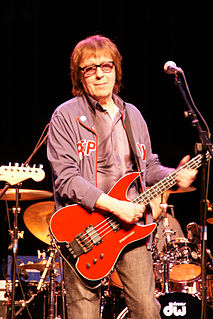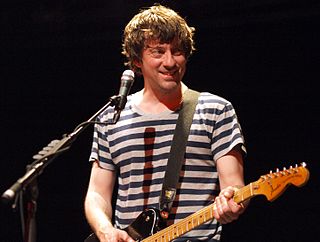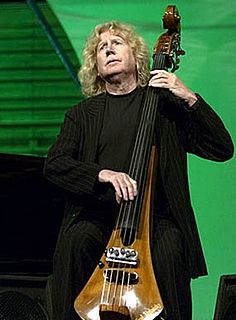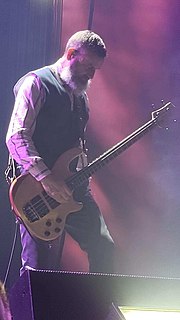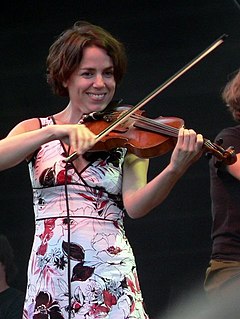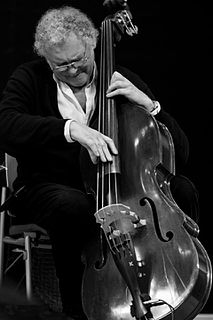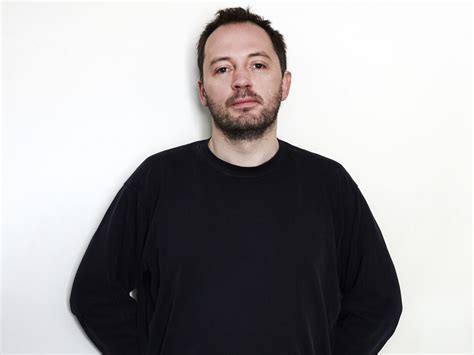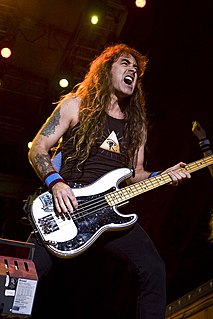A Quote by Kim Gordon
It's really hard for me to sing and play bass. Unless you're singing something that's kind of in rhythm with the bass, the melodies, it's just difficult.
Related Quotes
I started playing bass in my friend's band for some reason. It was just something I did because, well, he asked me if I wanted to play bass and he played me this song - Nirvana's version of "Molly's Lips", the Vaselines song - and he said, "You can do this! This is not hard!" and it's like a two-note song. I learned that and then I thought I was a genius.
The bass line is the anchor for me. I started with the bass, and either doubled that and then added the harmonies, or sometimes added my own harmonies that I've always wanted to sing on the song. And then it just went on from there - singing violin parts and trumpet parts and just trying to emulate the sounds of the instruments.

